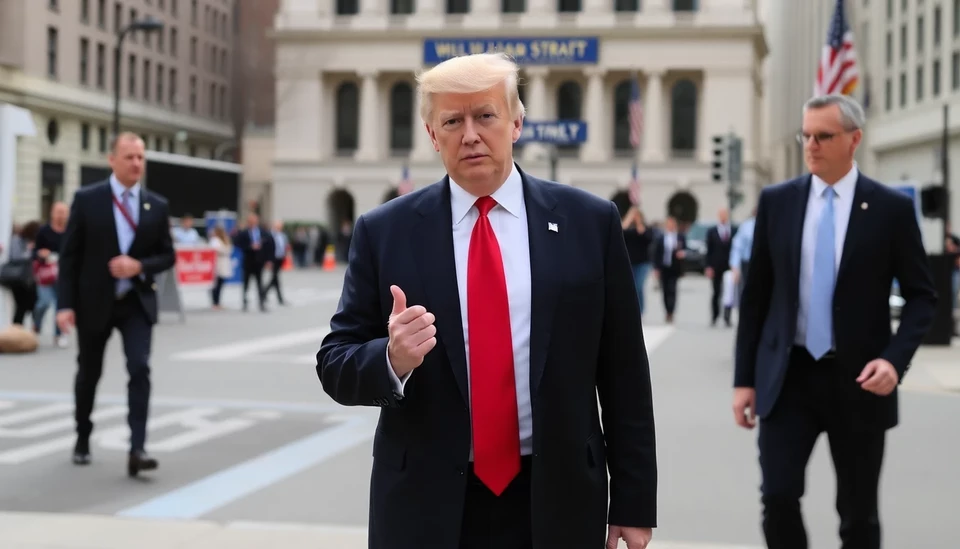
In a significant turn of events, former President Donald Trump has reinstated tariffs on various imports, reigniting a complex dialogue about trade policy and its implications for the U.S. economy. This announcement has prompted a wave of reactions from financial leaders, including Jamie Dimon, CEO of JPMorgan Chase, and activist investor Bill Ackman, who have shared their insights on the evolving market dynamics.
Trump's decision to roll back tariff exemptions, impacting consumer electronics and various products from countries like China and Mexico, has created ripples across Wall Street. The tariffs, aimed at addressing trade imbalances and boosting domestic manufacturing, are expected to add pressures to consumer prices, stirring concerns about inflation. Despite the potential risks, some analysts perceive this move as a strategic maneuver to rally his voter base ahead of the upcoming presidential elections.
In a recent appearance on Fox News, Dimon articulated his views on the tariffs, emphasizing that while they could inject volatility into markets, they also carry the potential to enhance U.S. competitiveness in certain sectors. He elaborated on how the adjustments might spur investment in local industries, potentially shieldings jobs amidst global economic uncertainties. Dimon highlighted the importance of striking a balance between protecting domestic interests and maintaining healthy international trade relationships.
Meanwhile, Ackman has taken a proactive stance in light of these developments. His investment firm, Pershing Square, is reportedly looking to capitalize on the resultant market shifts. Ackman's perspective hinges on the belief that the chaotic environment created by trade tensions may present lucrative opportunities for seasoned investors. He noted that while tariffs might seem burdensome, they could pave the way for innovative strategies in sectors impacted by price adjustments.
The juxtaposition of Trump’s tariff reinstatement alongside Dimon’s and Ackman’s insights signals a potential reprieve for Wall Street, as investors digest how these policies might reshape the economic landscape. Analysts are urging traders to stay alert for market fluctuations as companies recalibrate their pricing strategies in response to the updated tariff structures.
As the situation unfolds, many are questioning how sustainable these tariffs will be in the long run and what the ultimate impact will be on both consumers and businesses. Trump's administration previously focused on renegotiating trade deals to foster a more favorable economic environment, and the recent tariff announcements may reflect a return to these ideologies as the election campaign heats up and economic pressures mount.
Ultimately, this developing story is a testament to the ever-changing landscape of U.S. trade politics and its significant influence on financial markets. Stakeholders are encouraged to closely analyze the implications of these tariffs, as well as the responses from influential figures within the corporate sector, to navigate the forthcoming challenges and opportunities in the investment realm.
As the narrative around tariffs continues to evolve, it remains vital for investors and consumers alike to remain informed on how these policies will shape both the economy and their day-to-day lives in the upcoming months.
#TrumpTariffs #WallStreet #JamieDimon #BillAckman #TradePolicy #Inflation #ConsumerImpact
Author: Victoria Adams




